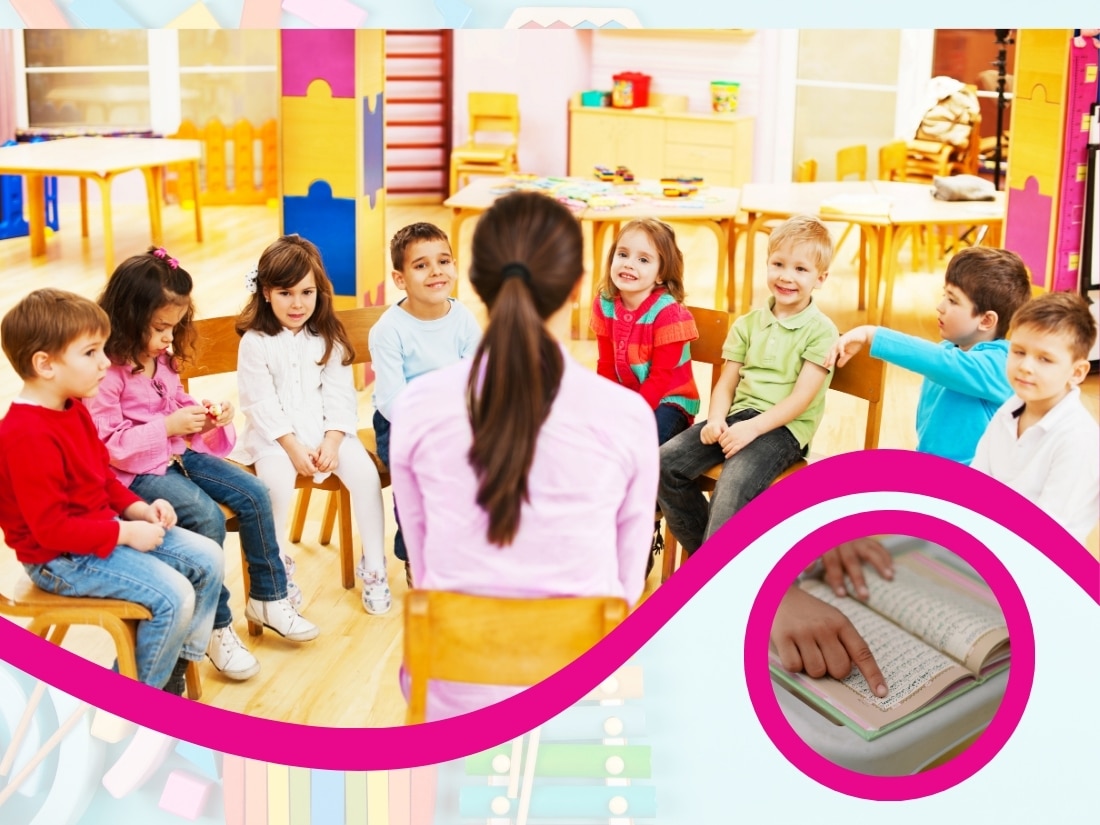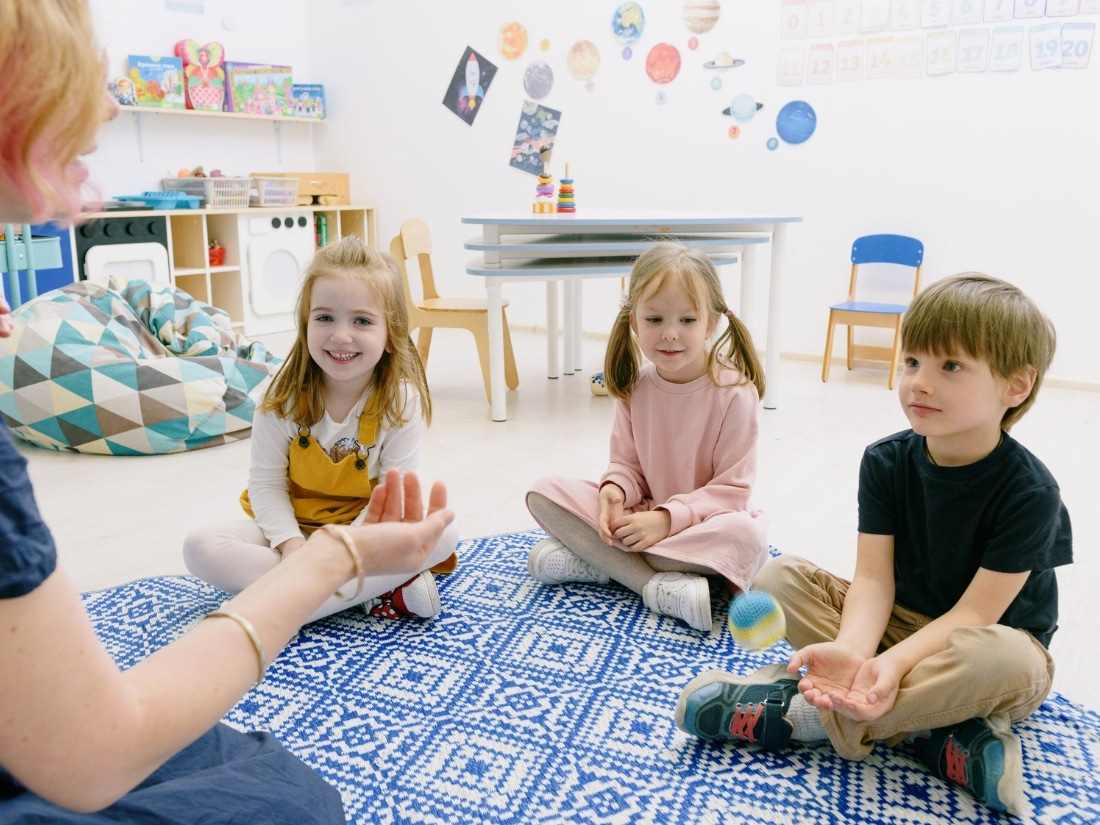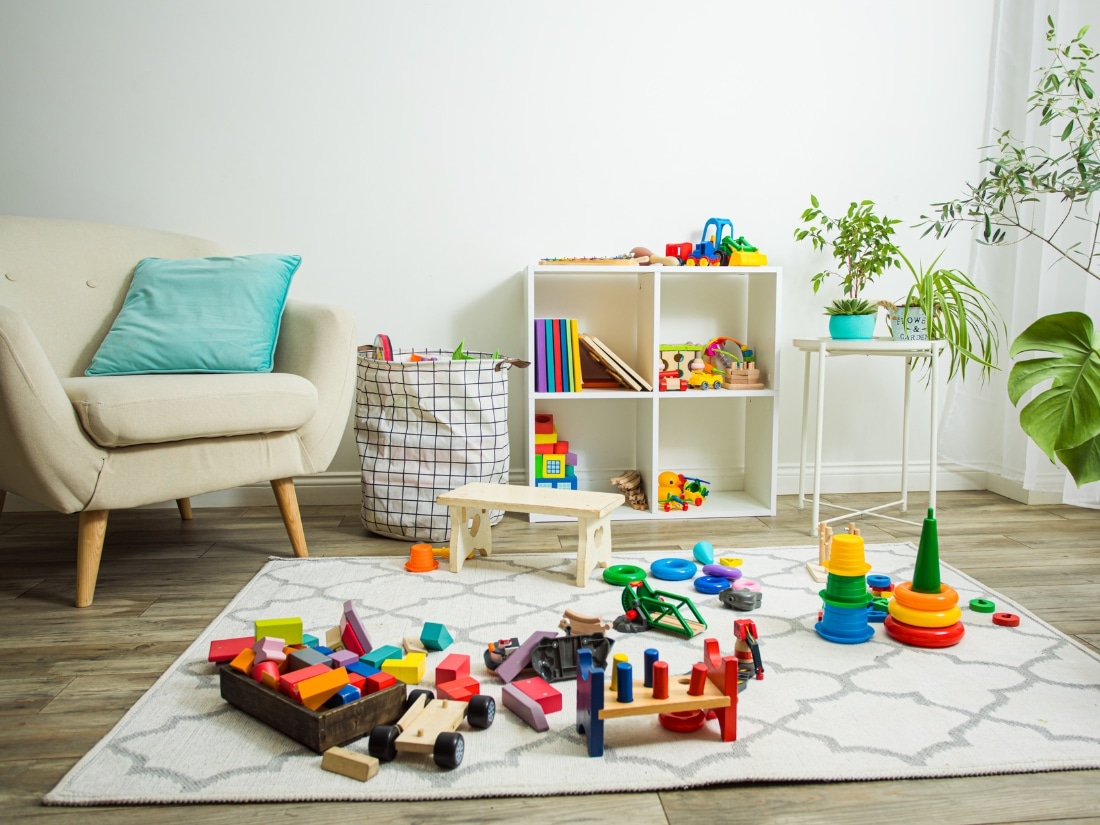What is the Best Age to Start Learning Arabic?

Many parents wonder when to introduce their child to a second language like Arabic. Early childhood is a prime time for language learning, but is there a perfect age to start? This article explores the best age to learn Arabic, its benefits, and effective learning methods for different age groups.
Why is early language learning beneficial for kids?
Introducing a second language early offers lifelong benefits. Research shows that young children absorb languages faster and with better pronunciation.
Benefits of early language learning:
- Stronger cognitive skills – Bilingual children develop better problem-solving and memory skills.
- Enhanced communication – Learning Arabic improves listening and speaking abilities.
- Cultural awareness – Kids gain an appreciation for diverse traditions and perspectives.
- Better academic performance – Bilingual students often excel in literacy and numeracy.
- Easier language acquisition – Children’s brains are wired to learn new sounds and structures effortlessly.
|
Age Group |
Language Learning Advantage |
|
0–3 years |
System Architect |
|
4–6 years |
Accountant |
|
7+ years |
Junior Author |
Moreover, research supports the advantages of early language learning. You can find information about second language acquisition in early childhood from reliable sources.
What is the best age for native and non-native speakers to learn Arabic?
The best age to learn Arabic depends on a child’s environment and exposure to the language. Native speakers acquire Arabic naturally, while non-native learners may need a more structured approach.
Native Speakers:
Children in Arabic-speaking households immerse themselves in the language from birth, which helps them develop fluency more easily.
- 0–3 years: Babies and toddlers absorb sounds, rhythms, and basic words by hearing Arabic daily.
- 3–4 years: At this stage, they begin forming simple sentences and using basic vocabulary in everyday conversations.
- 5–6 years: Their language skills strengthen as they understand grammar, use complex sentences, and develop fluency.
- 7+ years: Formal education in reading and writing enhances their proficiency, solidifying their Arabic skills.
Non-Native Speakers:
For non-native learners, structured exposure to Arabic at an early age improves retention and fluency over time.
- 0–3 years: Passive exposure through Arabic songs, nursery rhymes, and interactive storytelling helps with pronunciation and listening comprehension.
- 4–6 years: This is a key period for active learning. Children can grasp Arabic through engaging activities like games, songs, and picture books.
- 7+ years: Older children benefit from structured lessons focusing on grammar, reading, and writing, which are easier to understand at this stage.
Generally, while younger children absorb Arabic more naturally, learning at any age is possible with the right approach.
Can toddlers and preschoolers effectively learn Arabic?
Yes, toddlers and preschoolers can learn Arabic naturally through play and interaction.
How toddlers learn best:
- Songs and rhymes – Repetition helps with memorisation.
- Storytelling – Builds vocabulary in an engaging way.
- Hands-on activities – Sensory play enhances retention.

Basically, play is one of the most powerful tools for language development. Discover the importance of play-based learning for toddlers and how it enhances language acquisition.
Is it too late to start learning Arabic at an older age?
No, older children and adults can still learn Arabic successfully.
Challenges of late language learning:
- Harder to develop native-like pronunciation.
- Requires more structured practice.
- Longer time to build fluency.
How older learners succeed:
- Regular practice – Daily Arabic reading and speaking.
- Structured lessons – Following a curriculum with a tutor.
- Immersive experiences – Watching Arabic media and engaging with native speakers.
How can parents encourage Arabic learning at home?
Parental involvement makes a huge difference in a child’s language development.
Simple ways to support Arabic learning:
- Use Arabic at home – Speak simple phrases during daily routines.
- Read Arabic books together – Picture books make learning engaging.
- Sing Arabic nursery rhymes – Music aids language retention.
- Watch Arabic cartoons – Helps with listening skills.
- Encourage Arabic playdates – Interaction with other learners boosts confidence.
|
Activity |
Benefit |
|
Reading Arabic bedtime stories |
Expands vocabulary |
|
Watching Arabic educational shows |
Enhances listening comprehension |
|
Practising common phrases |
Builds conversational skills |
For parents looking for structured support, find out more about Arabic studies for kids—a program designed to make learning engaging and fun.
Which learning methods are best for different age groups?
Children learn Arabic differently based on their developmental stage. The right methods help them stay engaged and retain the language effectively.
Best Arabic learning methods by age:
- 0–3 years: Listening to Arabic songs, repeating basic words, and engaging in sensory activities.
- 4–6 years: Learning through interactive games, storytelling, and fun, play-based lessons.
Interactive activities play a crucial role in keeping young learners engaged and motivated. Understand why interactive activities improve learning for toddlers and how we implement them into our classes.
Are extracurricular activities useful for Arabic learning?
Yes! Learning extends beyond the classroom through fun and interactive activities.

Arabic-focused extracurricular activities:
- Quran recitation – Strengthens reading and pronunciation.
- Cooking Arabic dishes – Introduces cultural vocabulary.
- Outdoor Arabic scavenger hunts – Builds language skills through play.
- Theatre and storytelling in Arabic – Encourage expression and confidence.
Conclusion
There is no single “best” age to start learning Arabic—the earlier, the better. Toddlers absorb Arabic naturally through play, while older children succeed with structured learning. Additionally, parents play a crucial role by encouraging Arabic at home and through extracurricular activities.
Want your child to start their Arabic journey? Learn how Innocent Minds can support your child’s Arabic learning journey.
